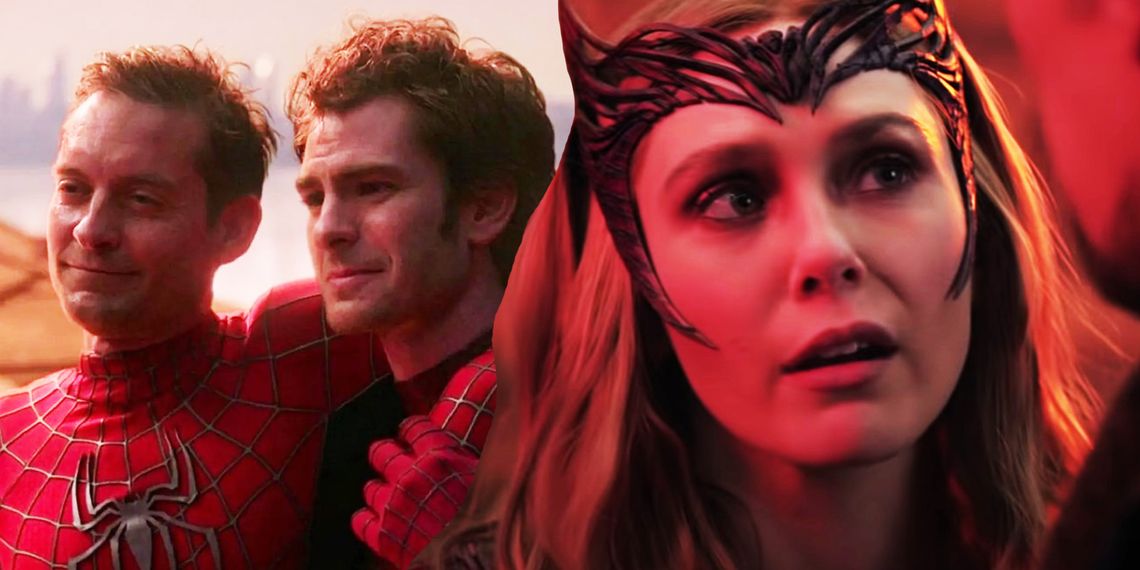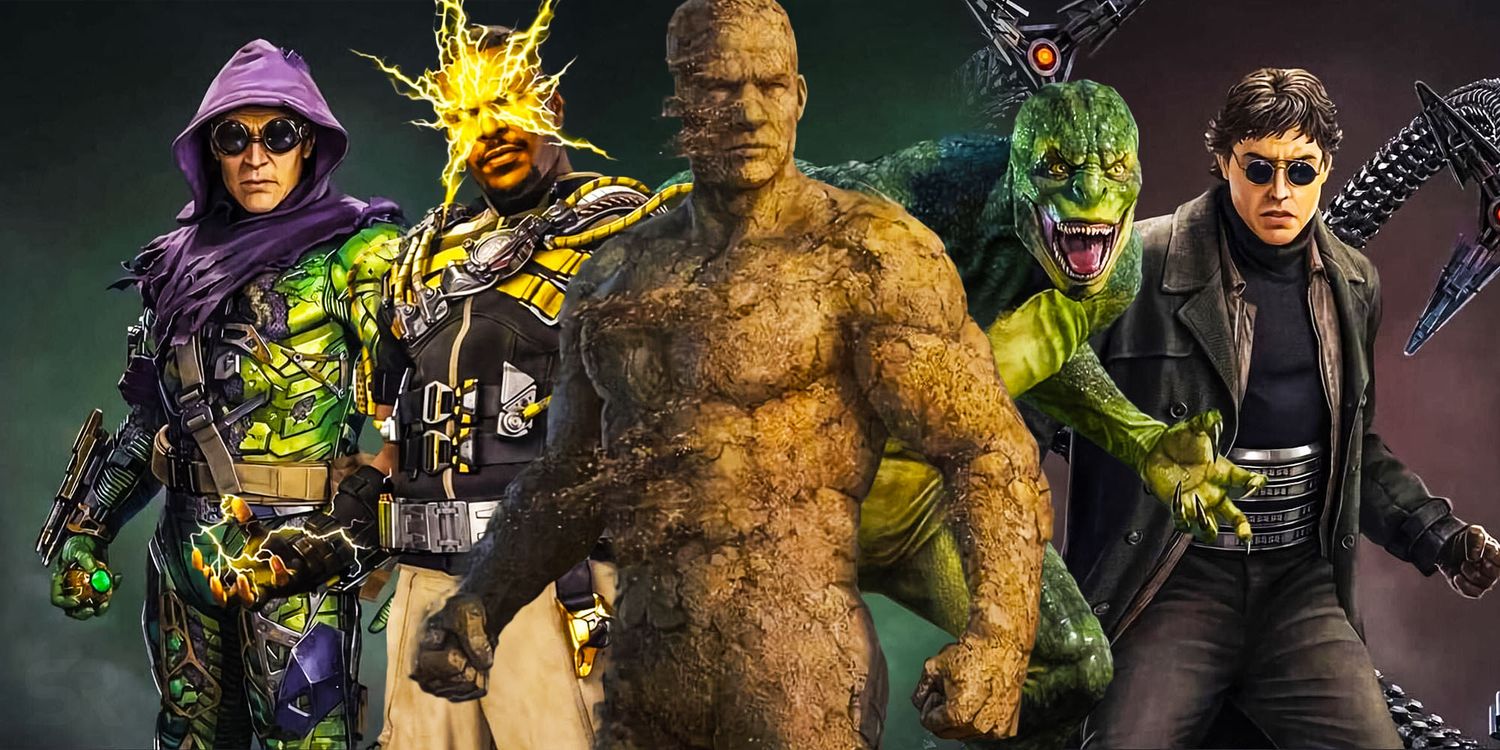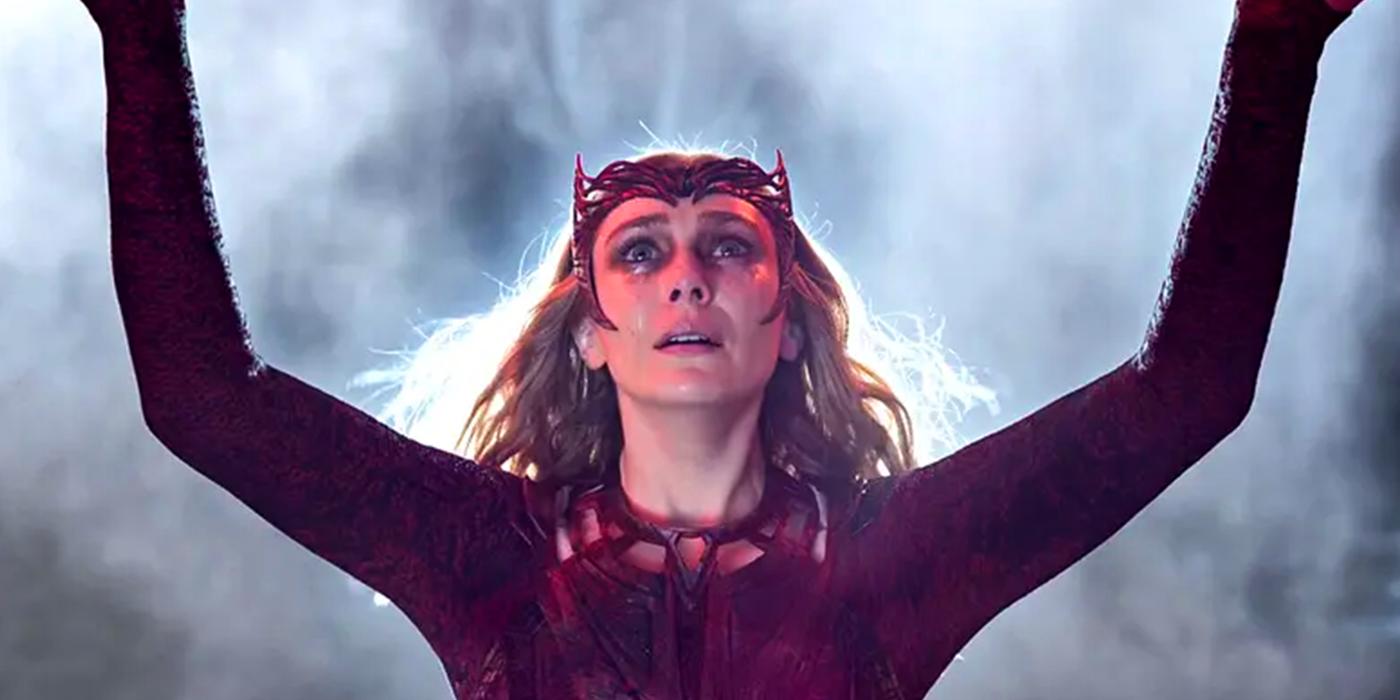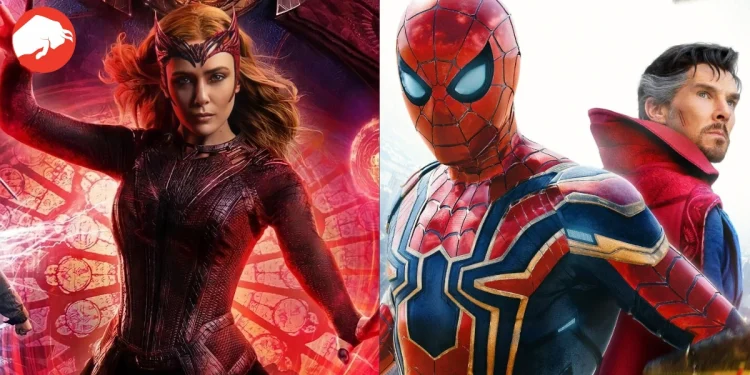Scarlet Witch’s Twisted Fate: A Juxtaposition to Spider-Man’s Redeemed Villains
In the intricate web of the Marvel Cinematic Universe (MCU), the convergence of character arcs and interrelated themes play pivotal roles in shaping the narrative landscape. Scarlet Witch, or Wanda Maximoff, a formidable character introduced in Avengers: Age of Ultron, underwent a significant transformation, oscillating between heroism and villainy. However, her journey contrasts sharply with the redemption offered to Spider-Man’s antagonists in No Way Home, creating a narrative dissonance and sparking discussions on the equitable portrayal of characters within the franchise.
The Tragic Arc: Wanda Maximoff’s Fall from Grace
Wanda Maximoff, initially a brief antagonist, later joins the new wave of Avengers superheroes, contributing significantly to the MCU. Her journey took a dark turn in WandaVision, following the loss of her lover, Vision, propelling her further into the realm of villainy, culminating in Doctor Strange in the Multiverse of Madness. Here, fully embracing her Scarlet Witch persona, she commits heinous acts, including murdering members of the Avengers and Masters of the Mystic Arts from other realities. Her controversial demise at the film’s end marked a point of no return, leaving her fate sealed without a chance for redemption.

Redemption and Contradiction: The Themes of No Way Home
Spider-Man: No Way Home traverses parallel narratives, bringing back villains from previous Spider-Man franchises, and lays out a path of redemption for them. Tom Holland’s Spider-Man, employing his inherent goodness, succeeds in redeeming even the most menacing villains, like the multiverse-threatening Green Goblin. The redeemed antagonists, with altered fates, return to their universes, creating new branching timelines. This theme of redemption creates an intriguing contradiction to Scarlet Witch’s irrevocable fate, raising questions about the underlying narrative equity in the MCU.
Scarlet Witch: The Sympathetic Antagonist
The narrative arc of Wanda as Scarlet Witch posed her as a villain with understandable motivations, drawing parallels to the redeemed villains of No Way Home. Her actions, driven by the pursuit of bringing back her sons and under the influence of the Darkhold, were based on personal loss and a tumultuous journey, making her villainous transformation sympathetic. However, her untimely death prevented her from experiencing the redemption that was afforded to the villains of No Way Home, highlighting a conspicuous imbalance in character resolutions.

The Missed Opportunity: Deserving Redemption
Wanda Maximoff’s character, enriched with complexity and heroic undertones throughout the MCU, was poised for redemption. Despite her actions in Multiverse of Madness, she exhibited the potential for redemption, especially after freeing herself from the MCU Darkhold and averting further catastrophes from it. The decision to deny her such redemption seems particularly unfortunate, especially when juxtaposed against the satisfying and uplifting resolutions given to Spider-Man’s foes in No Way Home, sparking debates on narrative justice within the franchise’s vast universe.

Reflections: The Divergence of Redemption Arcs in MCU
Scarlet Witch’s ultimate fate, marked by villainy and void of redemption, stands in stark contrast to the reconciled narratives of No Way Home’s antagonists. This divergence in character arcs accentuates the disparities in narrative resolutions within the MCU, prompting reflections on character development and thematic consistency across interconnected stories. The contrasting paths of Scarlet Witch and Spider-Man’s redeemed foes underscore the multifaceted nature of the MCU, leaving audiences to ponder over the intricacies of heroism, villainy, and redemption.









